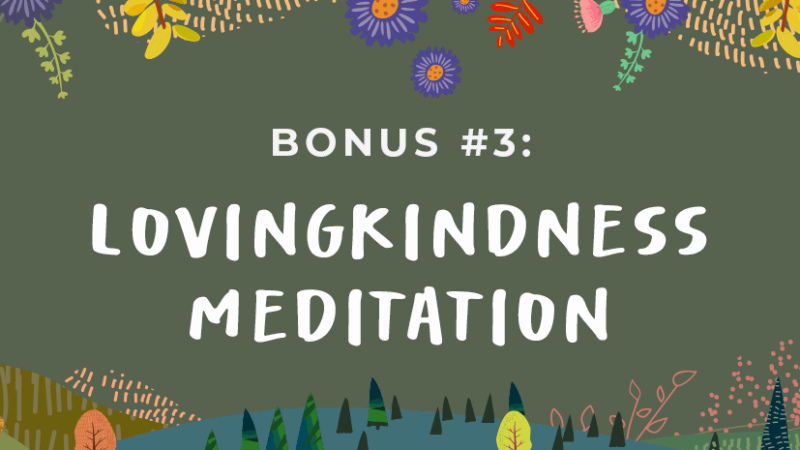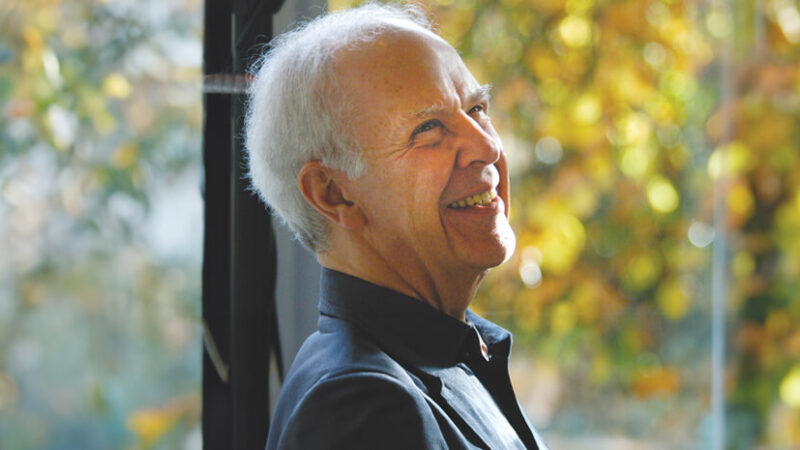How to Mental Stack Your Way to a New Chapter in Life
Most people feel trapped in a thousand ways. But more often than not, this sense of entrapment us into putting our heads down and getting the things we are expected to get done, done. We can’t often see the entrapment, especially if it looks like the result of our own choices in life. But were they truly our own choices? What if some of the choices we made in life have never really been ours to begin with?
I want to take us back a little. Back to when we were younger. When we had to rely on the wisdom of our elders, and those who have been in this life much longer than us. In my upcoming book Invisible Loss, I write about that time in our lives when we were at our most rebellious:
Disobedience—as a child, as a teen, as an adult in the world of work and home—is an act that creates invisible suffering. We learn to survive that repeated pattern of being commanded by our elders to be “good.” In order to be good and obey, we may create a life closer to that command but further away from our Original Self. We may work hard trying to be good, trying to please and fit into the mold created for us, but that only helps to build our Waiting Room life.
But time in the Waiting Room doesn’t need to last forever. And you don’t have to die inside it. There are parts within you that can bring forth a life worthy of your human existence. Places within yourself that have no shame.
As long as we have been alive, creating a life that aligns closest to the wishes of our caregivers and protectors blinds us to the life that we could choose for ourselves. That life is completely hidden even if we think we know our wishes. Often, only when we go through tragic or invisible losses, do we start to question those choices. Dare I say, these moments are opportunities to exit the loop of being “good.”
It is time to interrupt our regular transmission. It is time to be clear when it comes to what it is we are trying to communicate to the people in our lives. It starts from no longer trying so hard to fit into the mold that was created for us. No matter how old we are, we can always break outside this mold and align our choices with our true values and desires.
This is not an easy task. I understand that. At the core of my book, Invisible Loss, I’ve created tjos easy practice to help set you on the right path to your Original Self. I call it Mental Stacking:
What Is Mental Stacking?
Mental Stacking is the ability to intentionally layer your thoughts to replace unconscious, Survivor-based
thinking with Wisdom-based thinking. In doing so, these Wisdom-based thoughts can more easily be converted into real-life action. This Stacking practice allows you to access your true and authentic self (your Original Self) and entrust it with the controls of your life. Here is what a basic Stack looks like:
- The Cleanse: Transcribing the automatic, routine-based, unconscious thoughts. Write them down. Don’t stop writing until you feel you are done.
- The Pattern: Subtracting from that first layer the thoughts of fear and doubt. Once you write everything you are feeling and thinking down, read it back to yourself and find a sentence or two that comes from a place of fear or doubt. For example, somewhere in your long cleanse you may find yourself saying: “I feel trapped in my marriage and I don’t dare tell anyone about it because he is the nicest guy. All of my friends always tell me how lucky I am to be married to someone who takes such good care of me.”
- The Reframe: Writing the consciously reframed thought layer in the Stack. Take that sentence and reframe it. For example: “I feel trapped in my marriage and feel ashamed for feeling this way because my partner is such a good guy,” to, “even though I may feel shame about how I feel, I need to share these feelings with my partner even though it may not be expected or understood. This is my life, after all.”
- The Plug-In: Translating the reframed thought into action. Once you have that reframed thought, think of a low-risk action you can take that can stem from that newly scripted thought. For example, you can suggest to your partner to go for dinner at a brand new place where you can bring up what is on your mind in a new environment. You can act on your right to express yourself regardless of what the response might be or how others view your situation.
Your Mental Stack leads you to a specific next step that may not always be easy to see without the power of each previous layer in the Stack.
Here’s to a great new chapter ahead,
Christina Ramussen

Invisible Loss
Amazon | Barnes & Noble | Bookshop | Sounds True

Christina Rasmussen is an acclaimed grief educator and the author of Second Firsts and Where Did You Go? She is the founder of the Life Reentry Institute and has helped countless people break out of what she coined the “waiting room” of grief to rebuild their lives through her Life Reentry® Model, a new paradigm of grief, based on the science of neuroplasticity. She lives in Austin, Texas. For more, visit christinarasmussen.com.
Author photo © Marc Olivier Le Blanc















